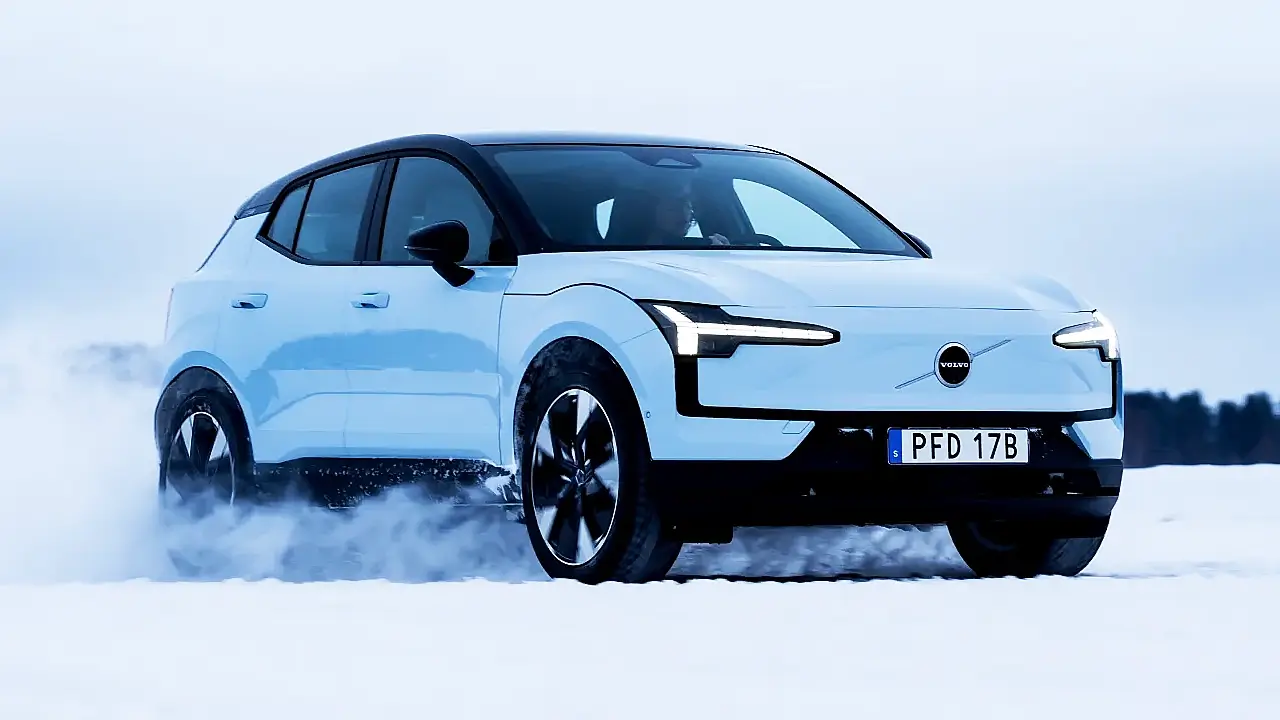In a time when electric vehicles (EVs) are gaining significant traction globally, software reliability has become a critical factor in determining the success of a new model. Volvo, a brand synonymous with safety and reliability, is facing significant challenges with its new EX30 model in Europe due to software issues. These problems are causing considerable inconvenience to customers, leading some to return their vehicles for full refunds. This article delves into the specifics of the EX30’s software troubles, their impact on customers, and what this means for the future of EVs.
The Volvos EX30: A Popular Model Marred by Issues
The Volvo EX30, a compact electric SUV, has been well-received in Europe, with over 35,000 units sold by the end of May 2024. Its popularity placed it as the third-best-selling EV in Europe, trailing only behind the Tesla Model Y and Model 3. However, the enthusiasm surrounding the EX30 has been dampened by a series of crippling software issues.
A Comparison with Previous Launches
Volvo is not the first automaker to face such challenges. Both Volkswagen and Chevrolet experienced similar issues with their ID.3 and Blazer EV models, respectively. However, what makes the Volvo situation more surprising is the brand’s longstanding reputation for reliability and quality.
The Nature of the Software Problems
The software glitches affecting the EX30 range from minor inconveniences to severe malfunctions. According to reports from Autocar, the issues include:
- Screens going black
- Steering-wheel buttons not responding
- Cars not charging
- Emergency braking systems randomly activating
- Bricked infotainment touchscreens
- Incorrect information display (such as time and range)
- Profiles reverting to factory settings
- Driver aids failing
- Customer Reactions and Refunds
The severity of these issues has led some customers to return their vehicles for full refunds. This step underscores the extent of the problems and the dissatisfaction among early adopters of the EX30.
Volvo’s Response
Despite the software issues, Volvo continues to sell the EX30 in Europe. However, the company has shifted its focus to the 2025 model year, which is set to launch on July 8, 2024. On Volvo’s UK website, a notice informs visitors that the 2024 model year is no longer available for new configurations, pushing potential buyers to consider stock cars or wait for the 2025 model.
Production Delays and Recalls
Volvo delayed the production of the EX30 to address these software issues, mirroring the approach taken with the EX90. In addition, the company recalled every EX30 at the beginning of June 2024 due to a fault that sent the speedometer into test mode on startup. Fortunately, this particular issue could be resolved with an over-the-air (OTA) update, sparing customers the need to visit dealerships.
Impact on Volvo’s Reputation and EV Market
The software issues with the EX30 have not only impacted customer satisfaction but also posed a challenge to Volvo’s reputation. Known for its emphasis on safety and reliability, Volvo must now contend with the perception that its new EVs are plagued with software problems. This situation raises broader questions about the “new normal” in the EV industry, where software reliability is just as crucial as mechanical reliability.
Forums and Customer Feedback
Customer feedback on forums highlights the widespread nature of the issues. On a UK forum dedicated to EX30 owners, numerous threads discuss various faults and technical problems, reflecting a community grappling with their vehicles’ reliability. Similarly, a French forum features extensive discussions about charging mishaps and other software-related issues, indicating that the problem is not isolated to one region.
- Audi GT50 Concept: A Loud Reminder of Why Car Enthusiasts Fell in Love With Audi
- Nearly 30% of UK Drivers Believe Car Tax Should Be Based on Mileage — Survey
- Why Planes and Boats Escaped the Luxury Tax But Cars Didn’t
- Australia’s Headlight Confusion: Authorities Warn Drivers After Viral $250 Headlight Rule Goes Wild Online
- 2025 Hyundai Venue Facelift Launched in India – Full Details, Variants, and Price
Looking Ahead: Volvo’s Plan
Volvo aims to address these software problems through ongoing updates and improvements. The company’s strategy to fix issues on the go, without resorting to drastic measures like a stop-sale, indicates a commitment to resolving these problems swiftly. However, the effectiveness of this approach remains to be seen.
The U.S. Market
In the U.S., the EX30 is not expected until 2025 at the earliest. This delay gives Volvo time to address the software issues and ensure that the model launched in the U.S. meets customer expectations. By then, Volvo hopes to have a robust manufacturing solution in place to avoid similar problems and tariffs.
Conclusion
The software issues plaguing the Volvo EX30’s European launch have highlighted significant challenges in the EV market. As more automakers transition to electric vehicles, the importance of reliable software cannot be overstated. For Volvo, resolving these issues is crucial to maintaining its reputation and ensuring the success of its future EV models. Customers and industry observers alike will be watching closely to see how the company navigates this critical period.
Media and Source courtesy

